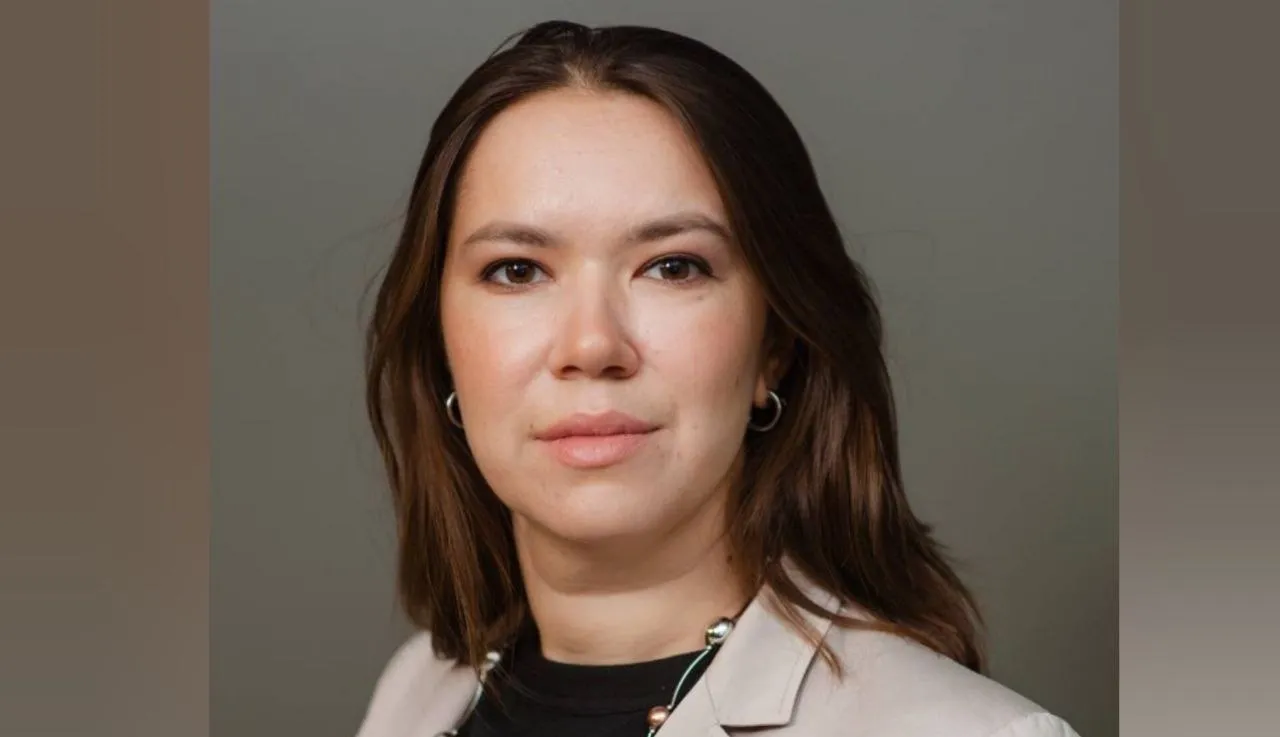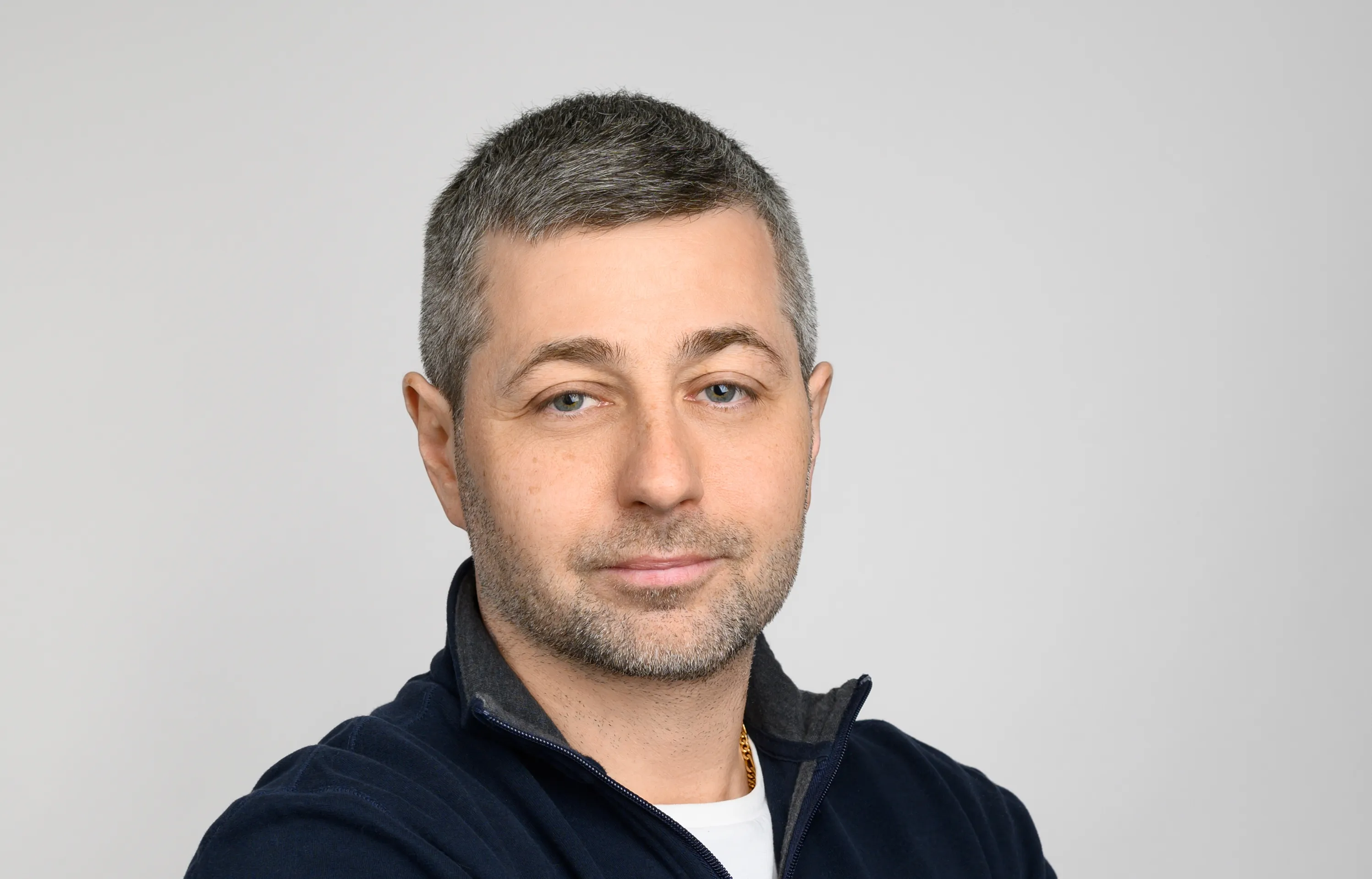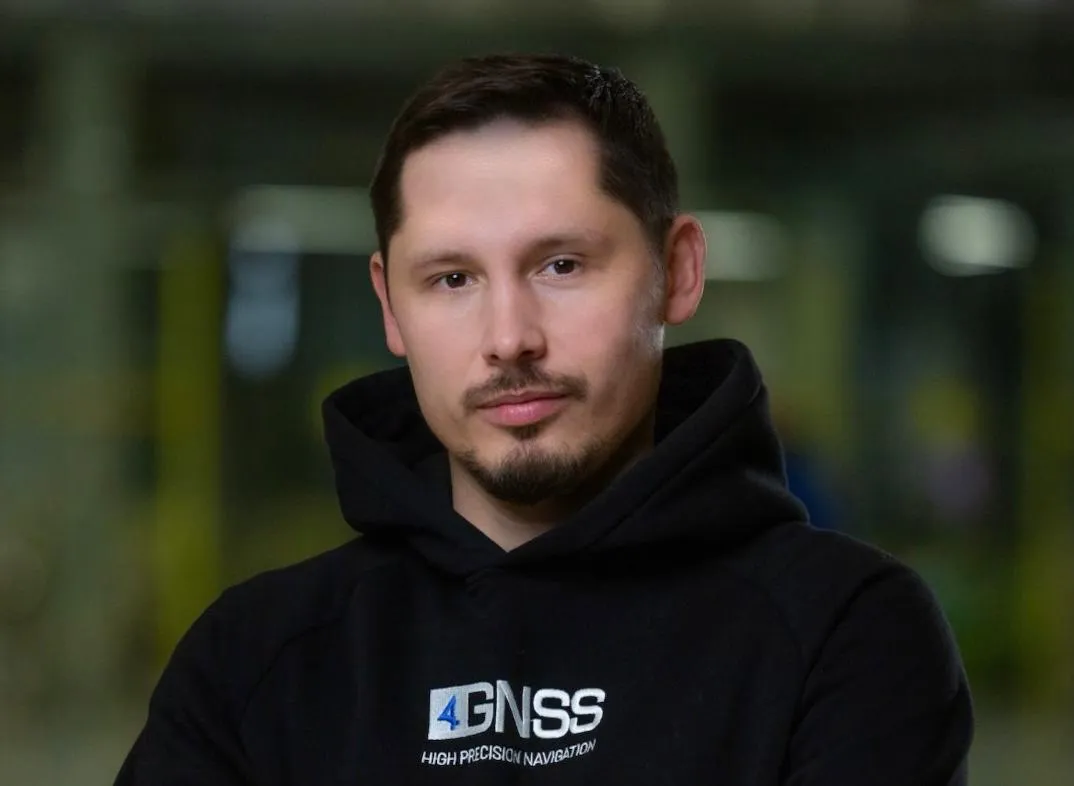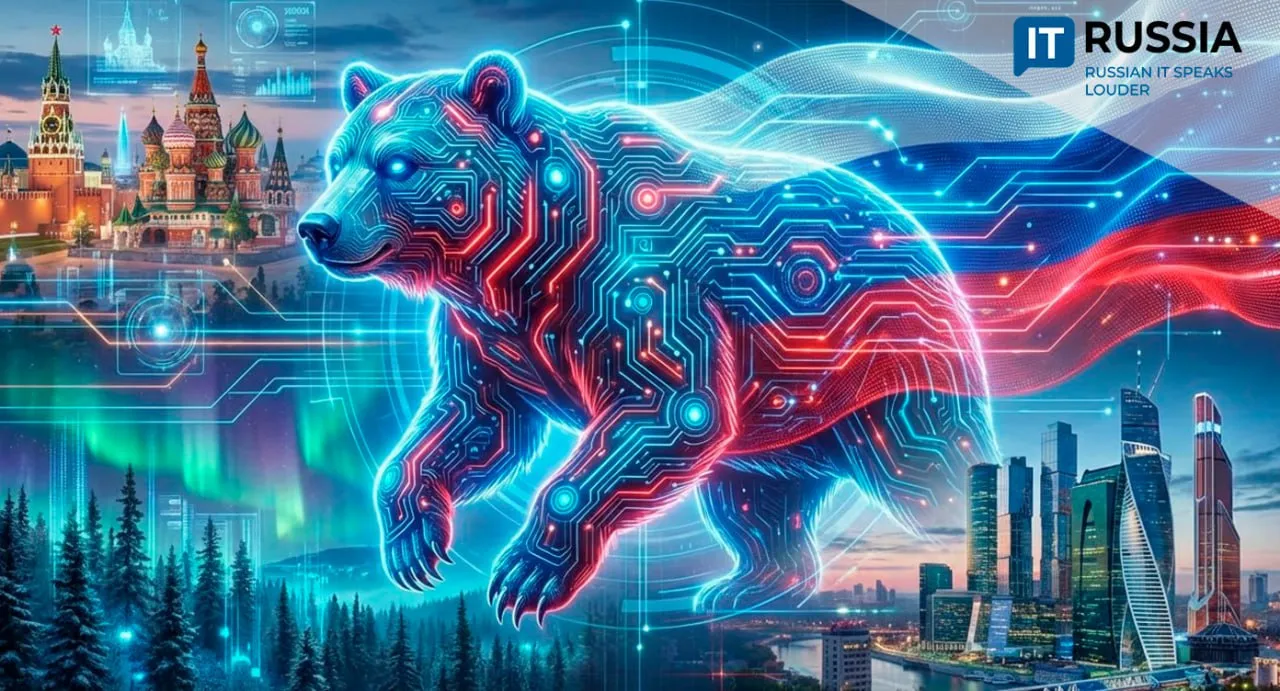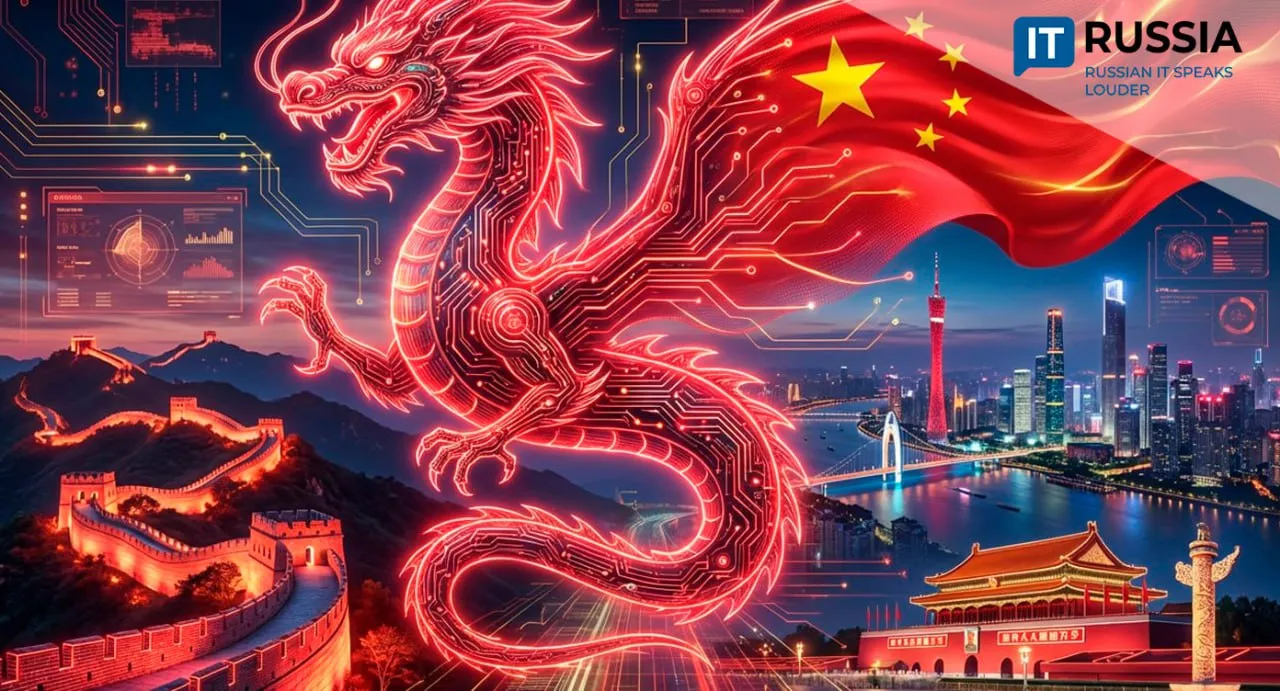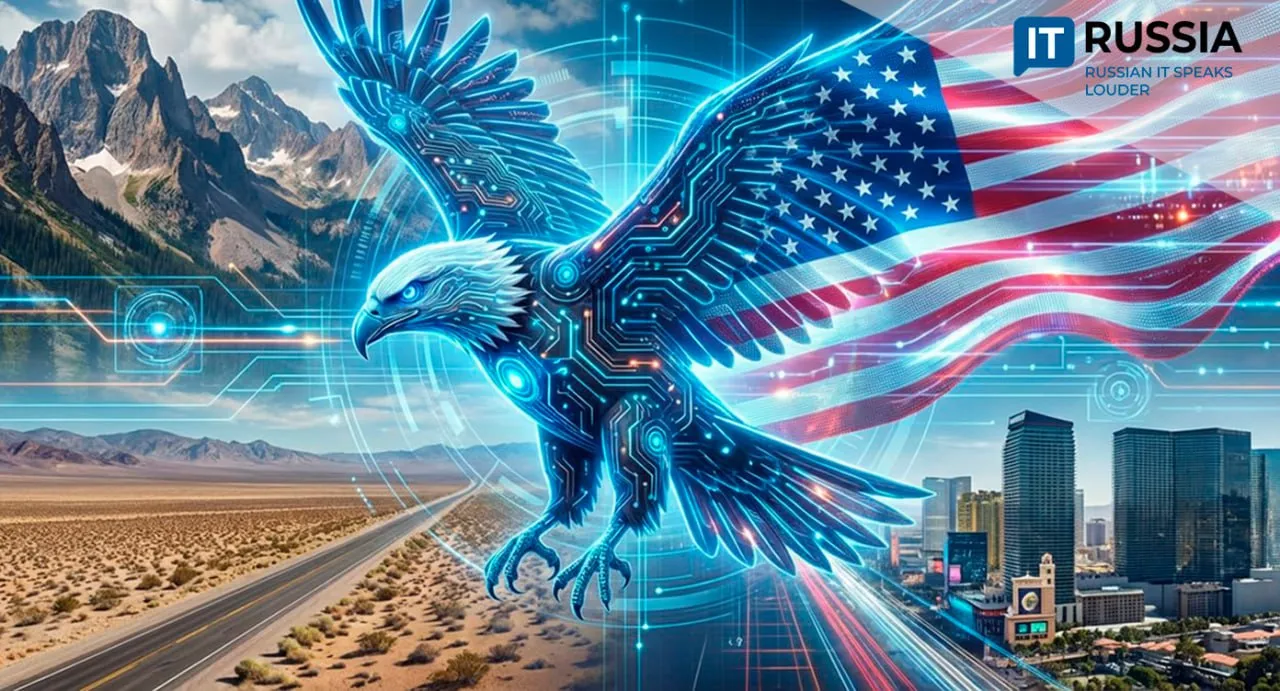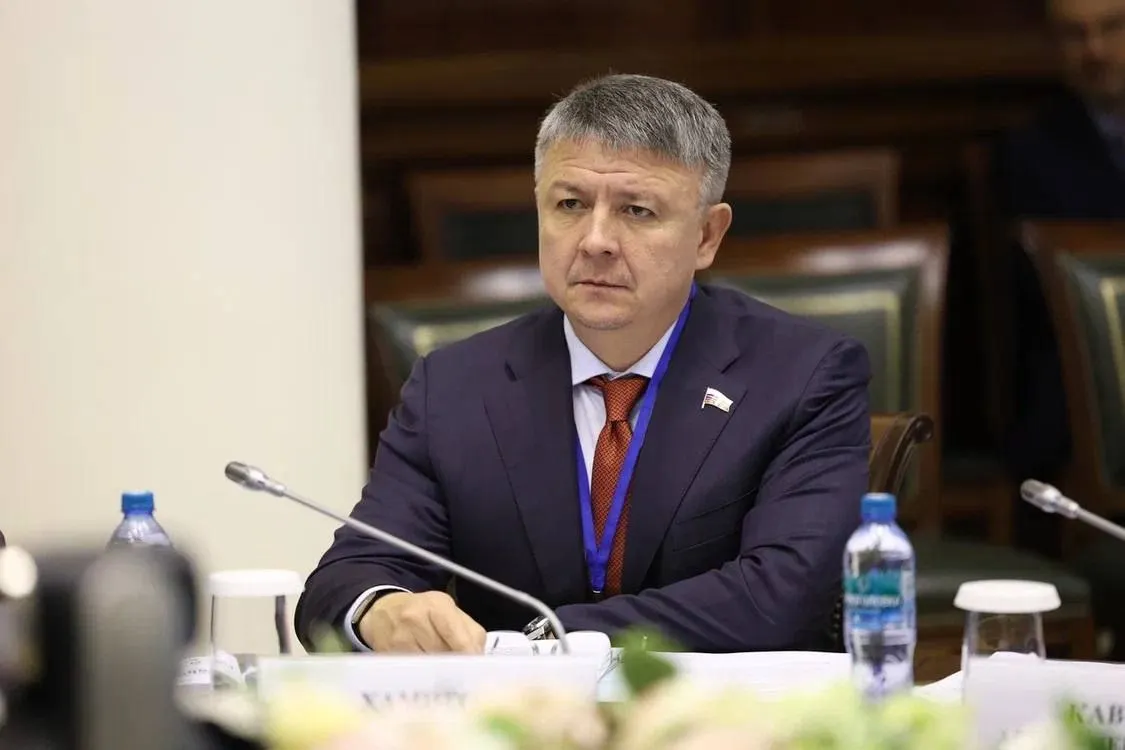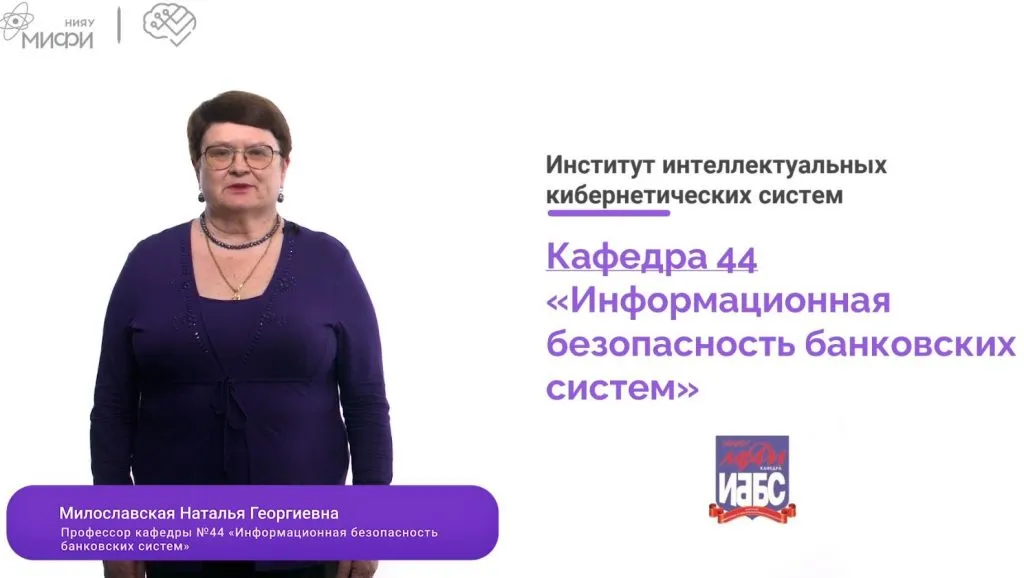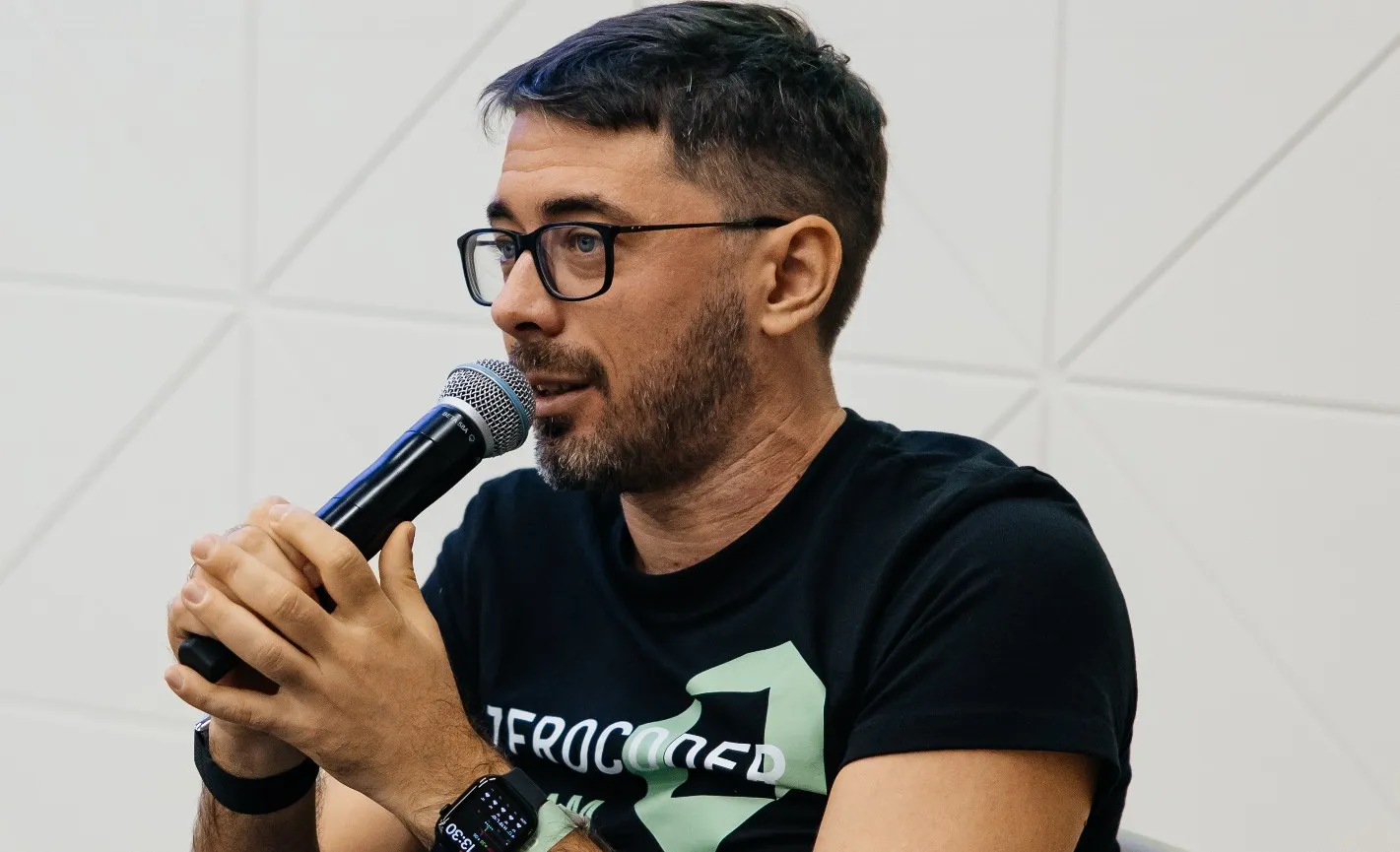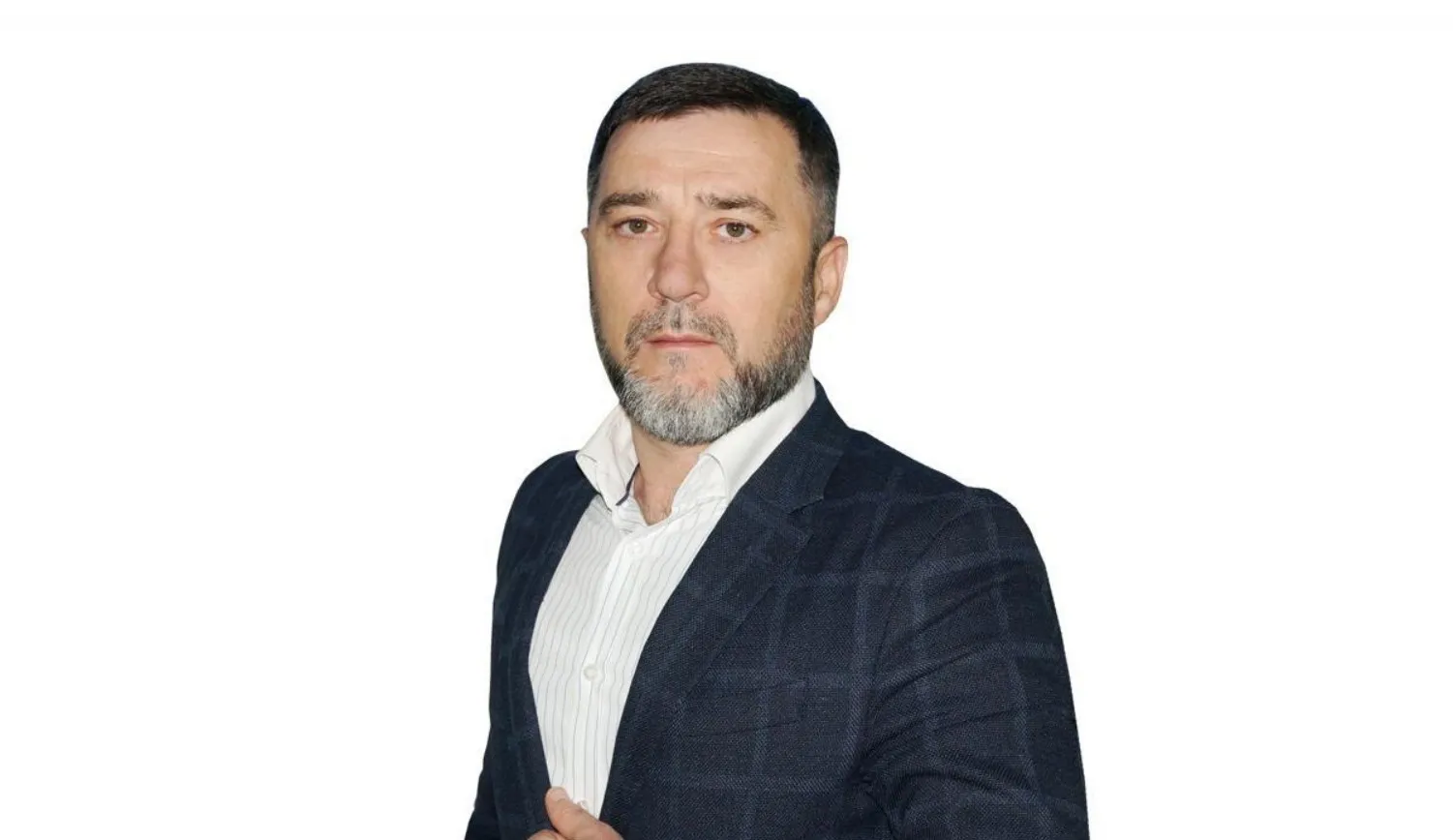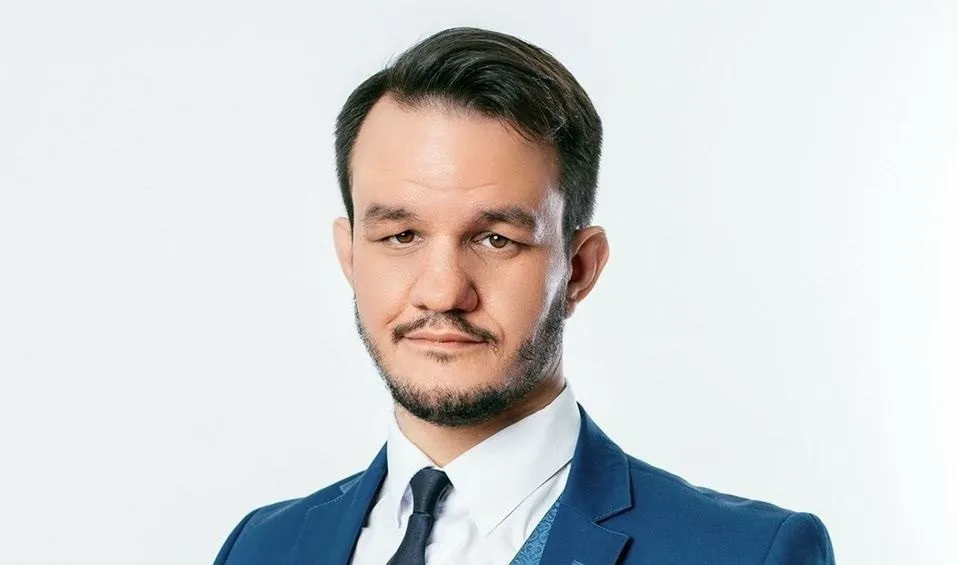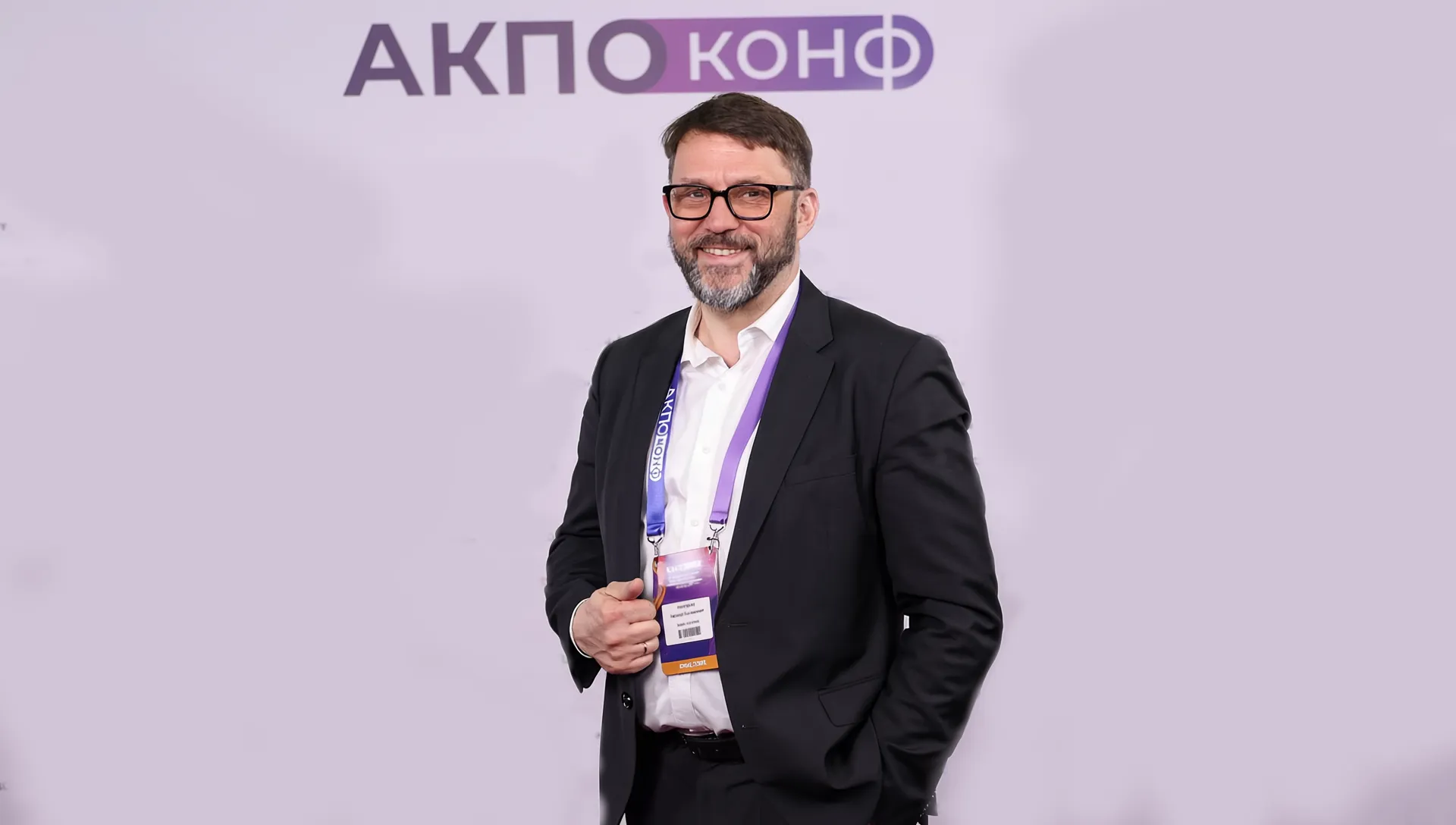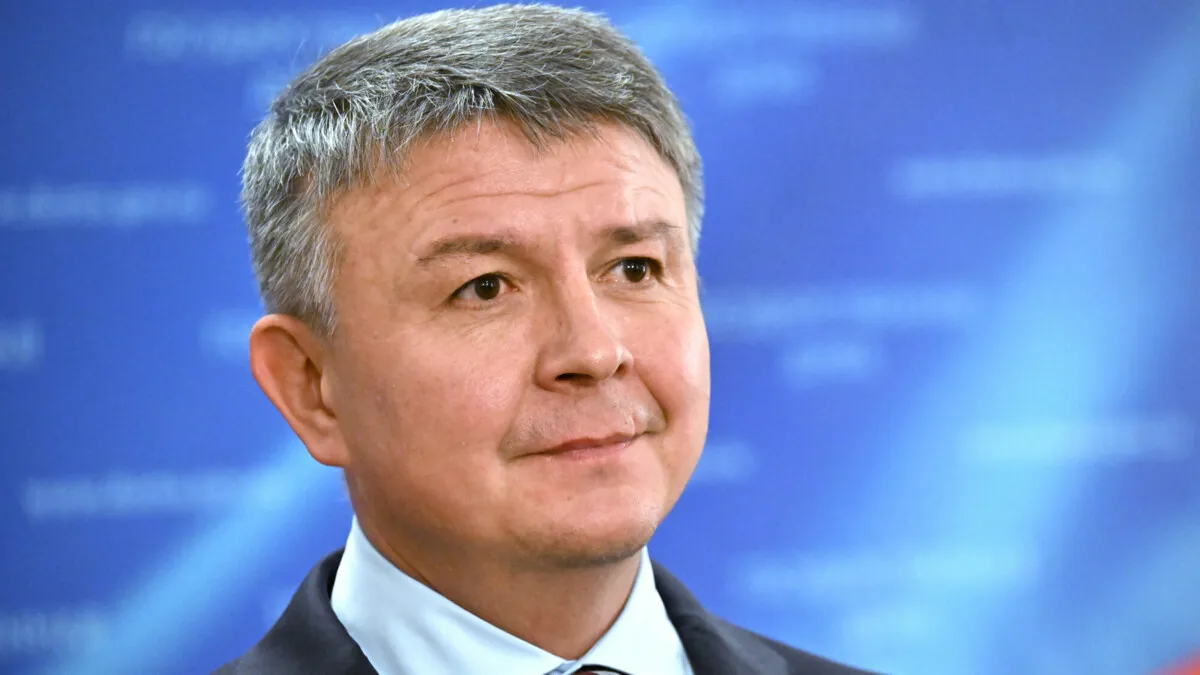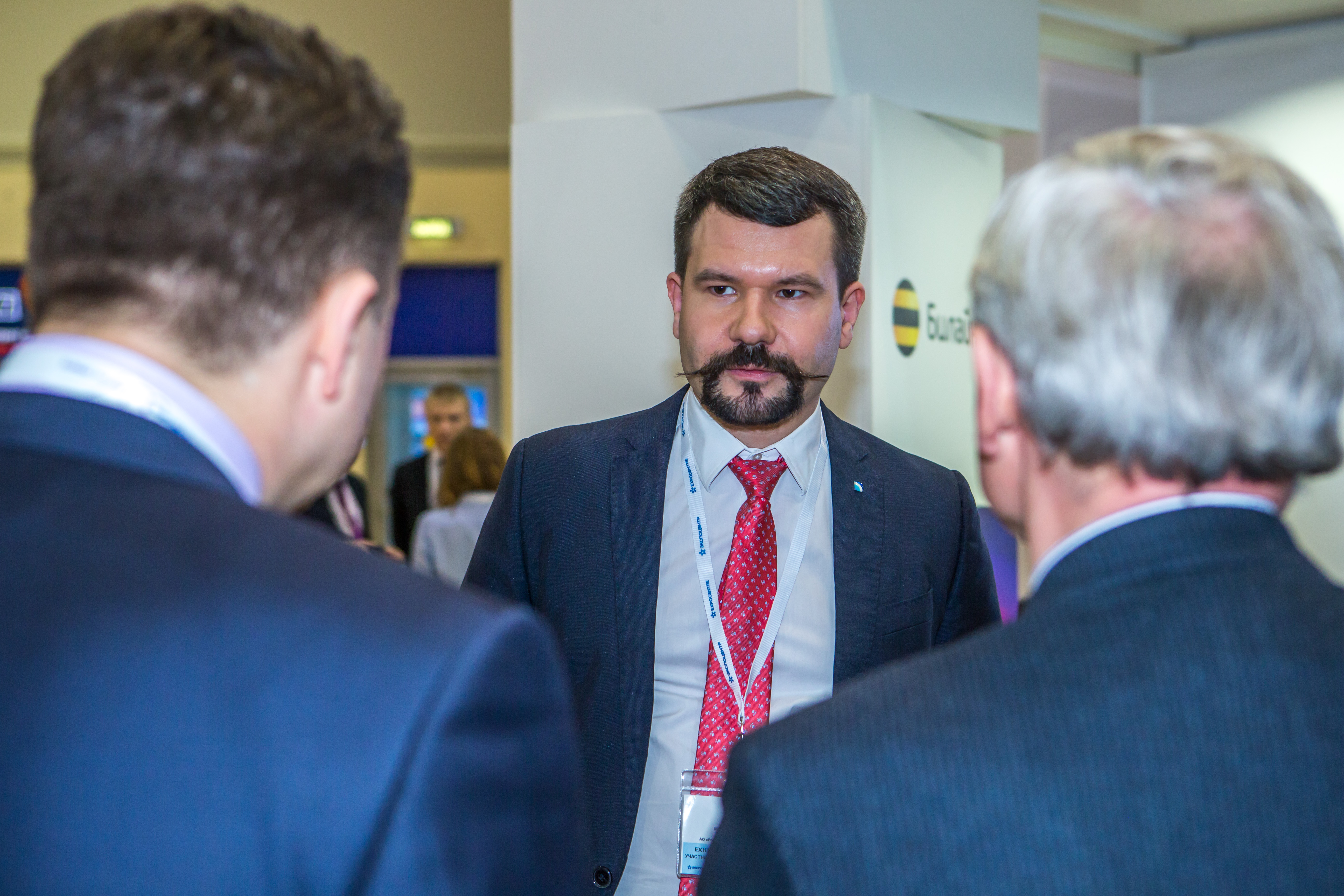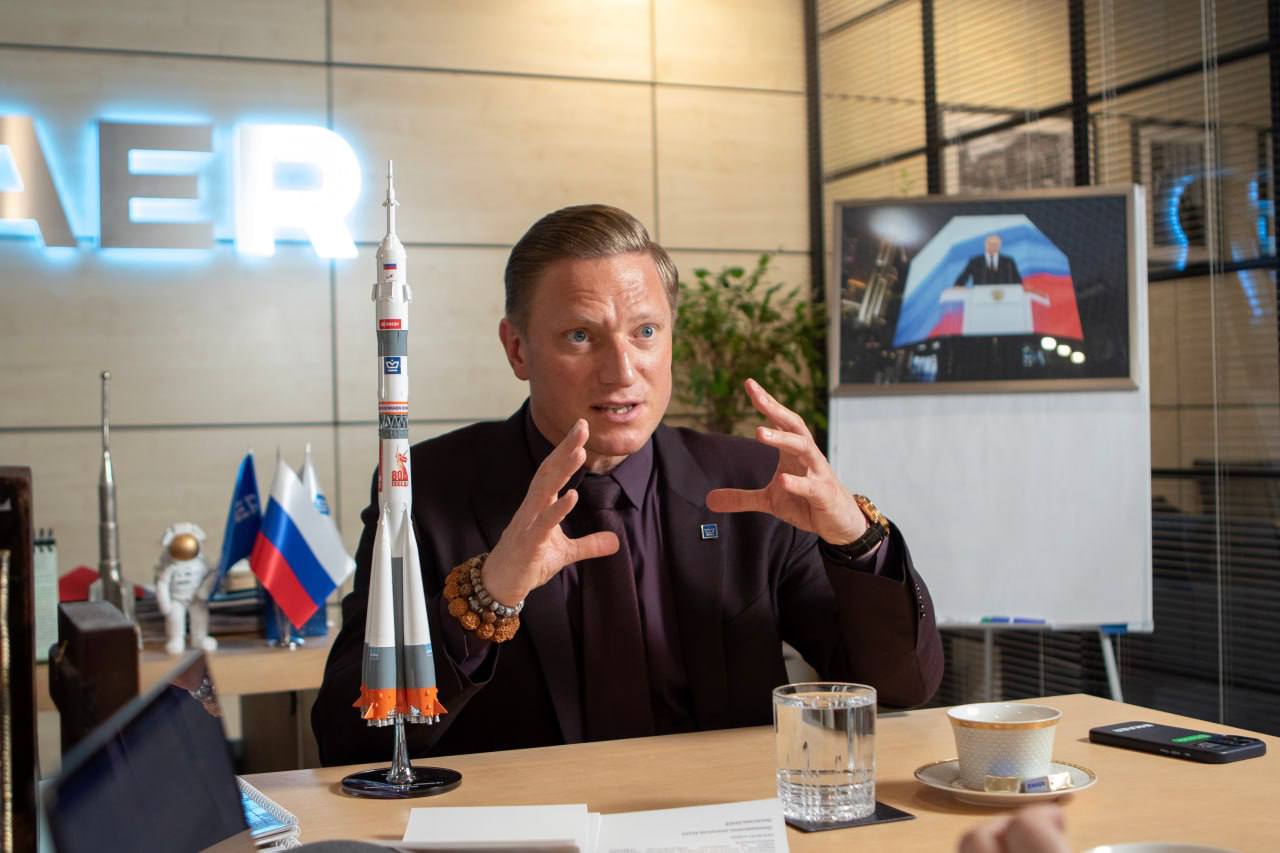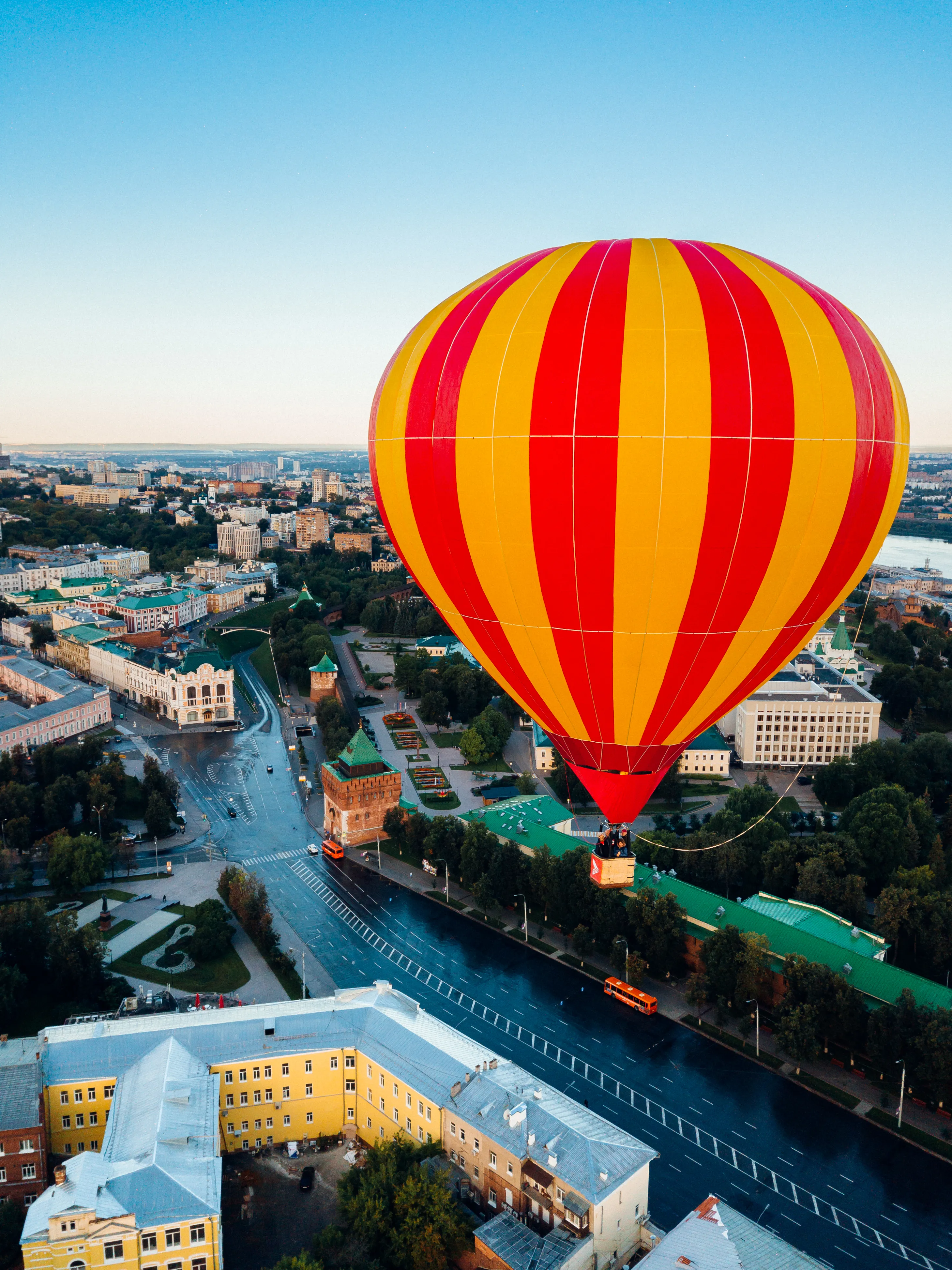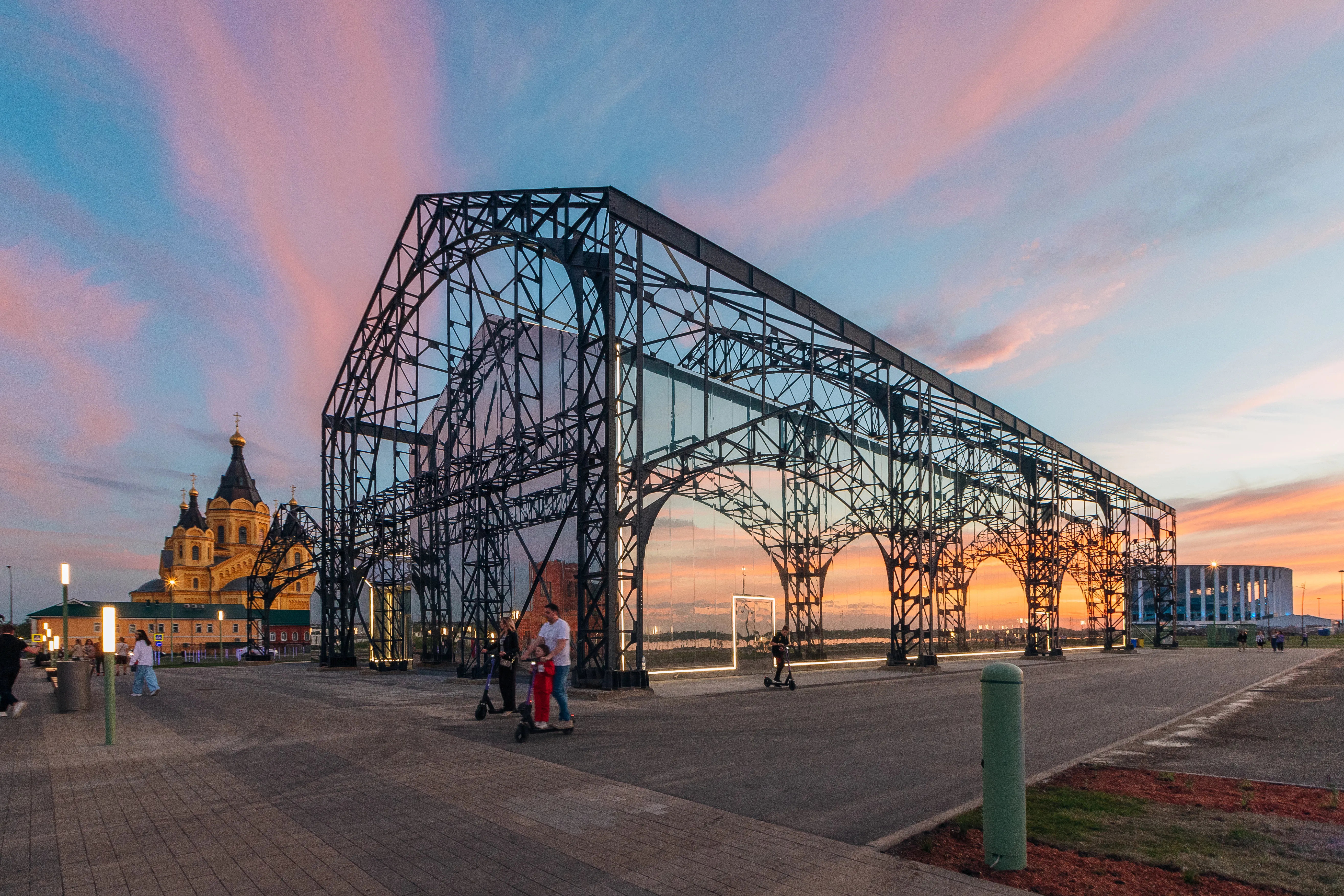Sergey Erokhin: “Russia is among the world leaders in digital transformation”
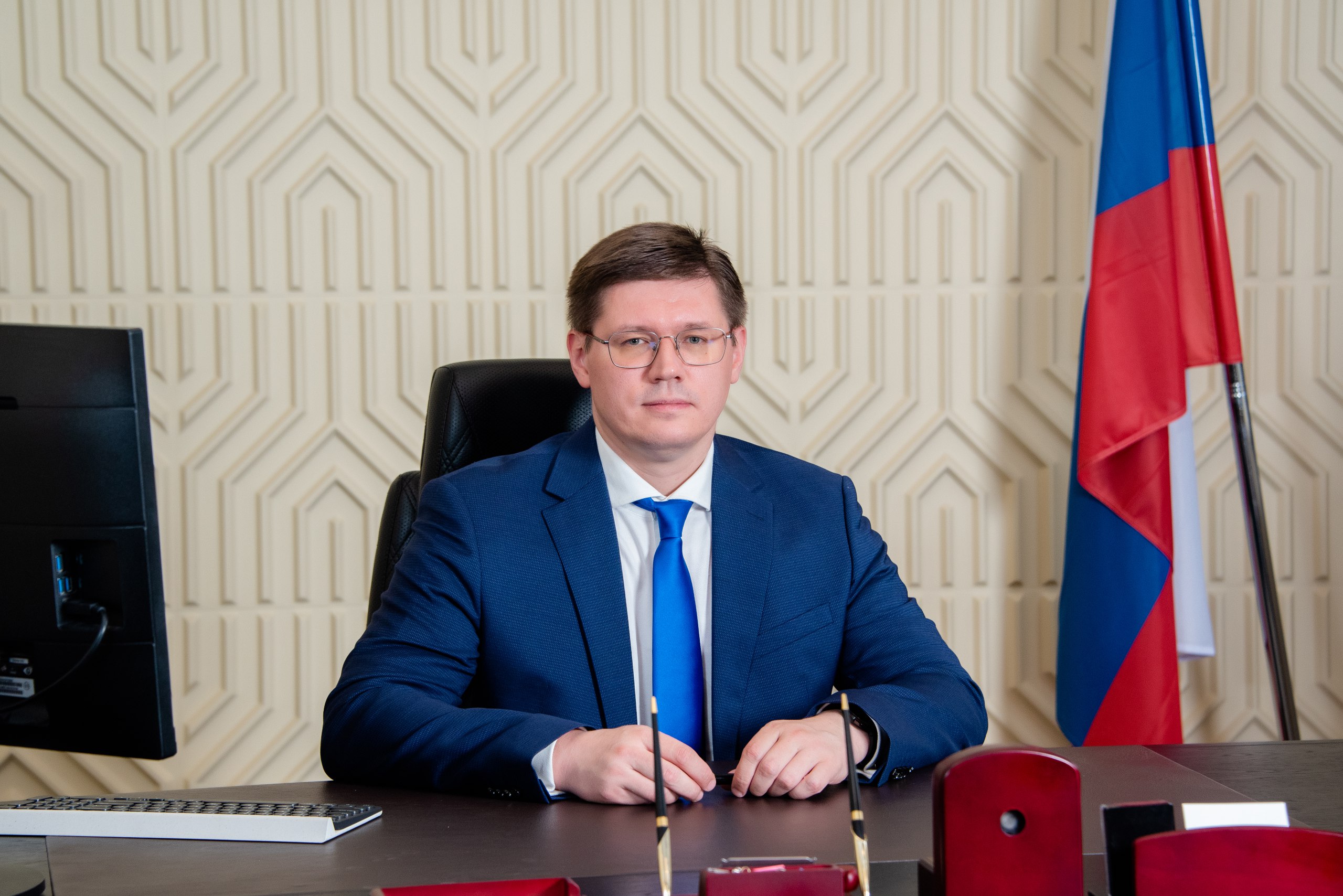
The rector of Russia’s leading digital university — MTUCI — discusses the global process of digital transformation, the myth of “Russian hackers,” quantum communications, state support for digital technologies in Russia, and the Global Digital Forum.
The Technological Era — A Russian Perspective
– Sergey Dmitrievich, is the future already here? Digital technologies, AI, big data — once they sounded like science fiction. Today, they are our reality. When, in your view, did Russia make its decisive move into the digital age?
— Yes, we can say that we are already living in a future that until recently seemed like science fiction. Russia made its decisive move into the digital era in the mid-2010s, when systemic digitalization of public administration began. Significant steps were taken toward digitalizing industry and education. Today, IT solutions are an integral part of everyday life — from public services to artificial intelligence in production. MTUCI, as a university training talent for the digital economy, has become an active player in this transition.
– Can Russia be considered a full-fledged digital leader today? In which areas are we advancing most confidently?
— Russia is not just a participant, but one of the global leaders in digital transformation. We are moving confidently in areas such as cybersecurity, quantum communications, AI, and unmanned transport. In all these fields, our university is actively engaged in both education and research, building foundations for the country’s technological sovereignty.
Education as the Foundation of a Digital Nation
– MTUCI is a key institution for digital talent. How do you assess young people’s interest in the IT sector? Is there growth in applications to related programs?
— Young people’s interest in IT disciplines remains consistently high. Every year, we see higher entry scores and a broader geography of applicants — including from CIS countries and the Global South. The digital agenda is more relevant than ever, and MTUCI is one of the key entry points for youth into the digital world. Recently, MTUCI hosted the international science festival ComInfFest 2025. Interest from the international academic and student community exceeded all expectations — on-site participants came from 14 countries, and students from 26 countries joined online.
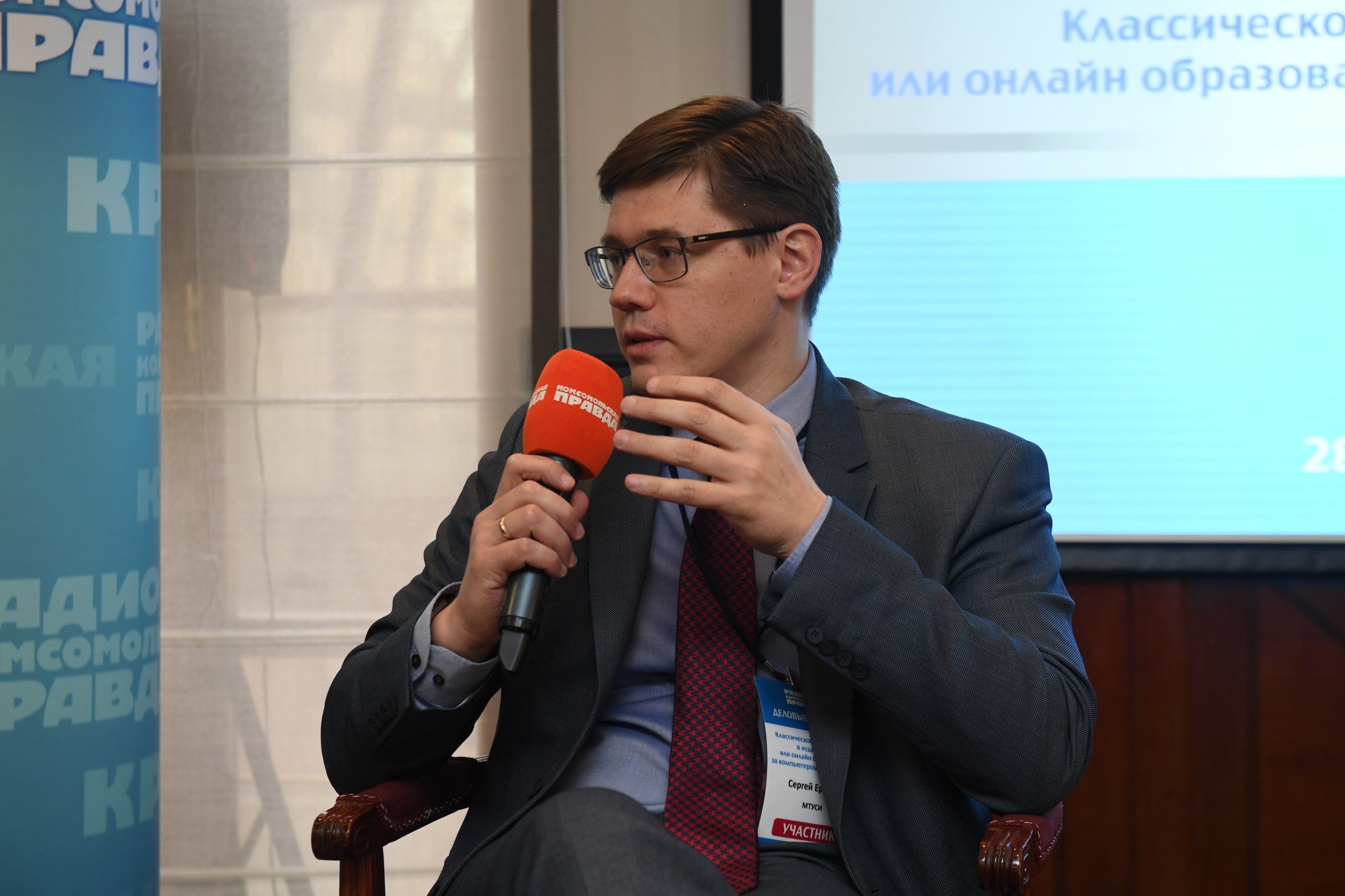
– Where do MTUCI graduates work? Are there internationally recognized success stories, including in BRICS and Global South countries?
— Our graduates work in leading Russian and international IT companies, government corporations, startups, public agencies, and UN-affiliated organizations. Among them are former Secretary-General of the International Telecommunication Union — Hamadoun Touré of Mali, three Ministers of Communications of Mongolia, and leaders of telecom companies in Vietnam and other countries. As for our Russian and Soviet-era alumni, names like Mark Krivosheev — one of the “fathers” of global television — and Alexander Feklisov — a legendary intelligence officer who played a key role in preventing nuclear war during the Cuban Missile Crisis — speak for themselves. Today, MTUCI graduates are at the helm of industry companies and are among the country’s leading engineers and scientists. I would also emphasize that nearly all of our graduates find employment in their field immediately upon graduation.
– What key technologies are being developed at the university? What MTUCI-developed products or solutions are already in demand by businesses and government?
— MTUCI carries out a wide range of applied and fundamental research. In cooperation with leading Russian IT and telecom companies, we have established research centers and laboratories — including a quantum technology center, an AI center, a UAV center, and Russia’s only cyber testing range for networks with quantum key distribution. We closely cooperate with all major telecom operators, as well as Sberbank, VTB, Kaspersky Lab, and 1C. Together with MISIS and the company Cureit, we created Russia’s first inter-university quantum network. Our students and young researchers developed a satellite that was successfully launched into Earth orbit last year, and two more launches are planned. MTUCI students have also developed two AI-based medical projects for COVID-19 and breast cancer diagnostics — both highly rated by physicians. Many of our projects have been piloted and implemented by major retail chains, industrial companies, and Russian Post.
From Ideas to Sovereign Solutions
– Electronics and microelectronics — where do we stand? Has Russia managed to develop critically important components such as chips, networking hardware, and controllers?
— There is clear progress in this area. At MTUCI, we are developing our own competencies in radio engineering and also participating in joint projects with Russia’s top equipment manufacturers. Our mission is to train specialists capable of supporting the full cycle — from design to deployment.
– In the media, MTUCI is sometimes referred to as a “school of Russian hackers.” How do you view this? What does the university actually do for the country’s digital defense?
— The phrase “school of Russian hackers” is more myth than reality. We do train cybersecurity specialists, but our focus is on legal, ethical, and practical aspects of information protection. The university works closely with relevant agencies, helps develop data protection standards and protocols, and trains cybersecurity professionals for banks and public-sector clients.
– What is being done to protect infrastructure from cyberattacks? Do students get practical training in cyber drills, system defense, anti-fraud?
— MTUCI has an entire faculty dedicated to cybersecurity. We work closely with leading cybersecurity firms such as Kaspersky Lab, InfoTeCS, and Security Code. The university hosts a unique cyber range where students gain hands-on experience in responding to near-real-world attacks in real time. We regularly organize cyber competitions, hackathons, and cybersecurity olympiads. For example, the well-known Moscow Capture The Flag competition is traditionally held on our campus, as well as the regional I.Ya. Verchenko Olympiad in computer science and cybersecurity for high school students.
Looking Outward — From Moscow to the Global South
– You actively participate in the Global Digital Forum. What has the university presented at this international platform?
— The Forum is a unique venue for global dialogue on ethics and responsibility in the field of artificial intelligence — including the Russian AI Ethics Code. We expect to meet and collaborate with both long-standing and new partners from the CIS, Asia, Africa, and Latin America. We plan to sign cooperation agreements with universities from Belarus, Vietnam, Cuba, Mali, Tanzania, Tunisia, Tajikistan, Uzbekistan, and Ethiopia. Our collaboration will cover not only AI but also joint projects in digital technologies, cybersecurity, telecommunications, AR/VR, academic mobility, student and faculty exchanges, and the creation of educational programs and research labs.
– What educational or research partnerships does the university have with countries in Africa, Latin America, or Asia?
— Quite a few. Over the past two years, we’ve significantly expanded our network of international partners. We have signed cooperation agreements and are currently launching educational programs and projects with universities in Ethiopia, Vietnam, China, Cuba, and Uzbekistan. We have students from more than 50 countries, primarily from the CIS, Asia, and Africa. We also work closely with Rossotrudnichestvo, which plays a crucial role in building international connections and informing prospective students in these regions about the educational opportunities available at MTUCI.
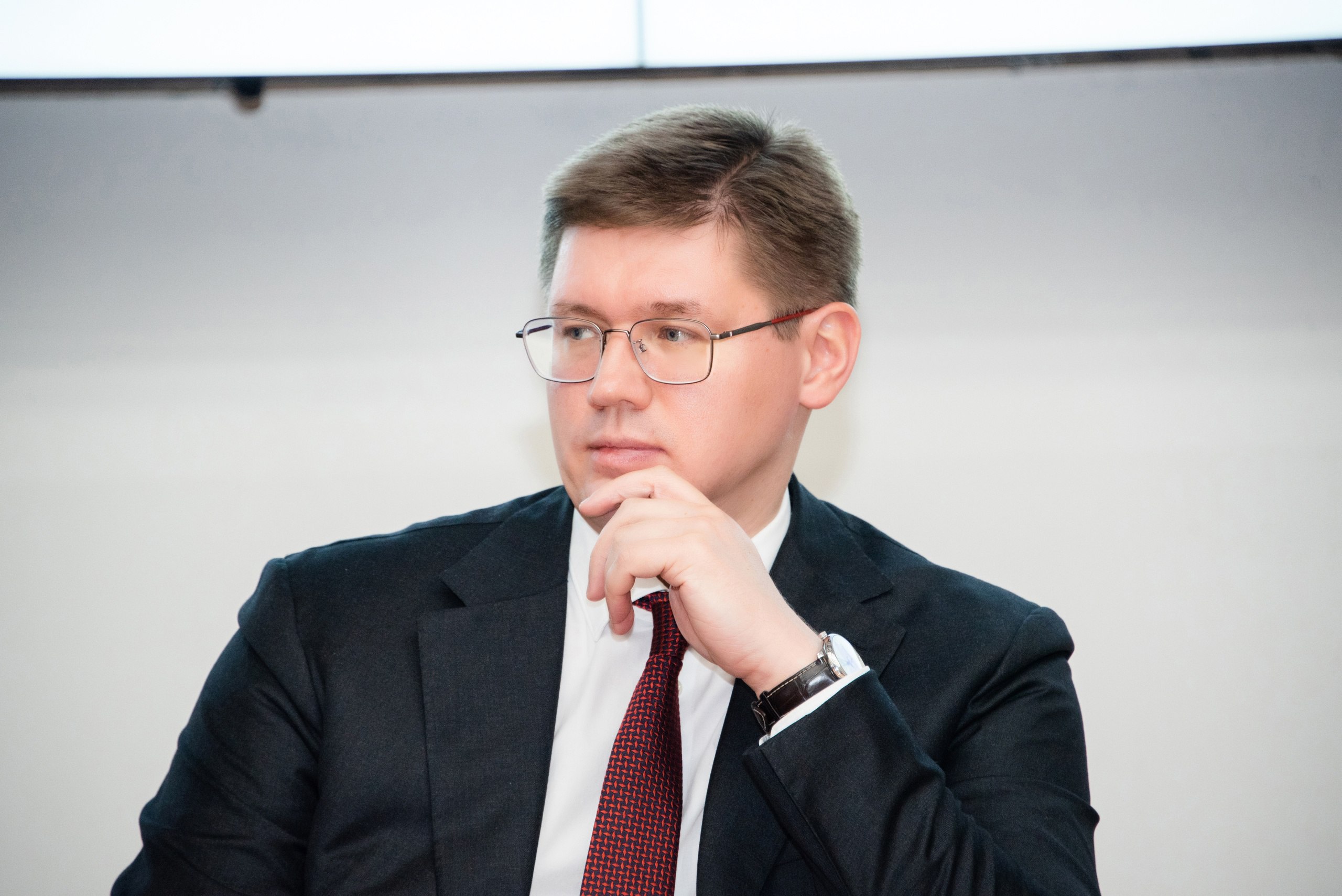
Forward — Into the Future
– In a digital state, what role do universities play? In your view, does government support for IT education and technology meet the challenges of our time?
— Government support for IT education in Russia today is strategically sound. We see the rollout of new solutions, the launch of new academic programs, and increasing support for young researchers. The Bologna system, as it was implemented in Russia, failed to meet the modern challenges facing our education system. It’s clear that the traditional specialist degree format should not be written off. We need to deepen the partnership between universities and employers and reinforce the triad of industry, science, and education. In this regard, many Russian technical universities — including MTUCI — are becoming hubs for technological initiatives.
– Let’s talk scenarios for the next 5–10 years. What technologies do you believe will dramatically transform lives in that period? Which of them are being developed at MTUCI?
— On the horizon over the next few years: quantum communications, AI in industrial management, and personalized medicine. Many of these areas are already under active research and instruction at MTUCI. We are setting up labs, joining consortia, and working with industrial partners.
– The interaction between robots, AI, and humans is a very complex topic. Where do you draw the line between automation and humanity? Where will human input remain irreplaceable, despite technological progress?
— Automation accelerates processes, but it cannot replace the human role as the bearer of meaning, empathy, and creativity. We teach students to work in teams alongside AI — to use it as a tool, not a replacement. The key is to preserve the humanistic foundation of education.
– How do you envision the successful Russian professional in 2030?
— This is a self-confident individual, technologically proficient, fluent in foreign languages and AI tools. A creator, an innovator, a citizen, a patriot — someone unafraid of challenges and capable of working in a team. These are exactly the kinds of professionals we are training at MTUCI.


